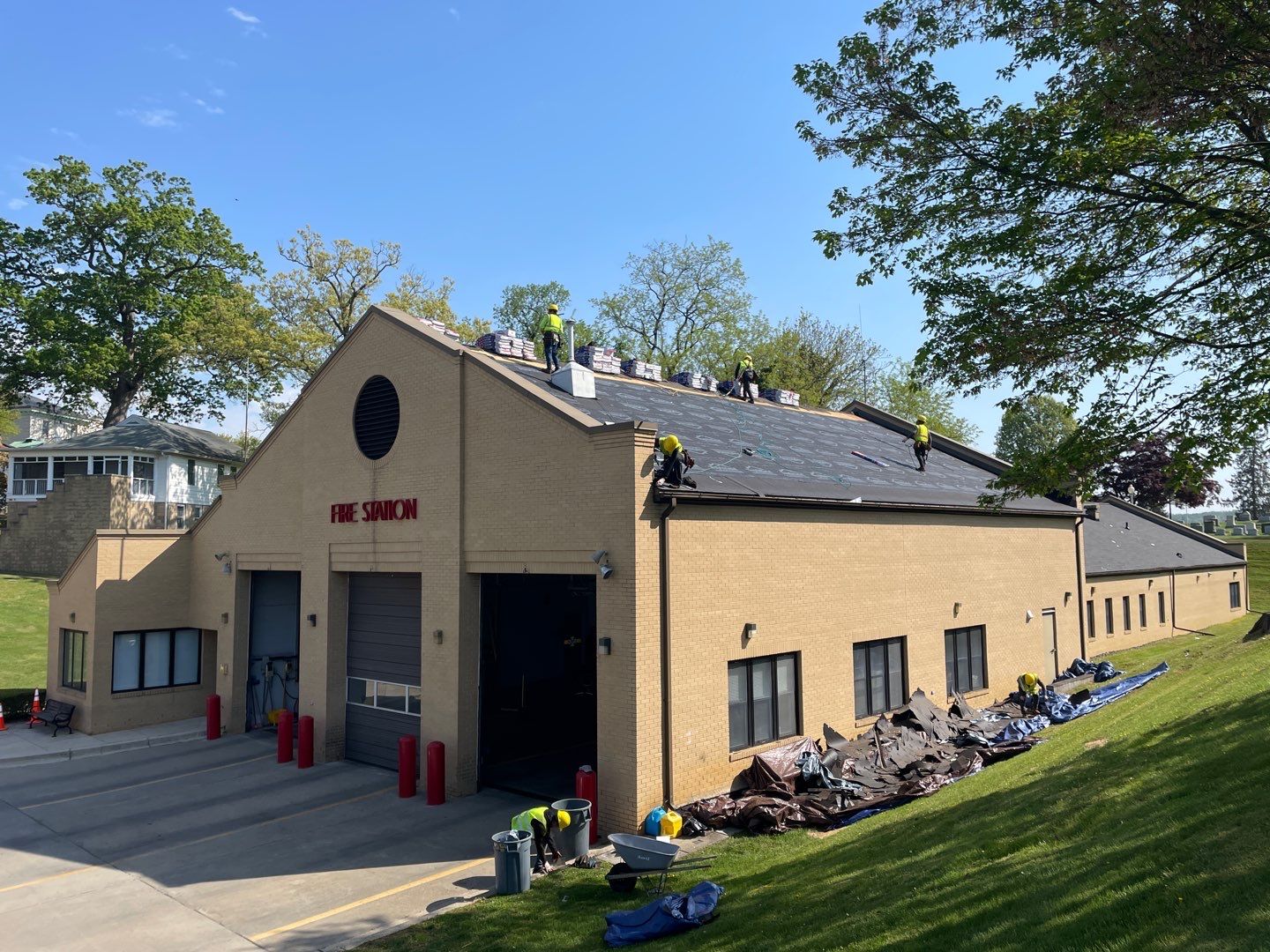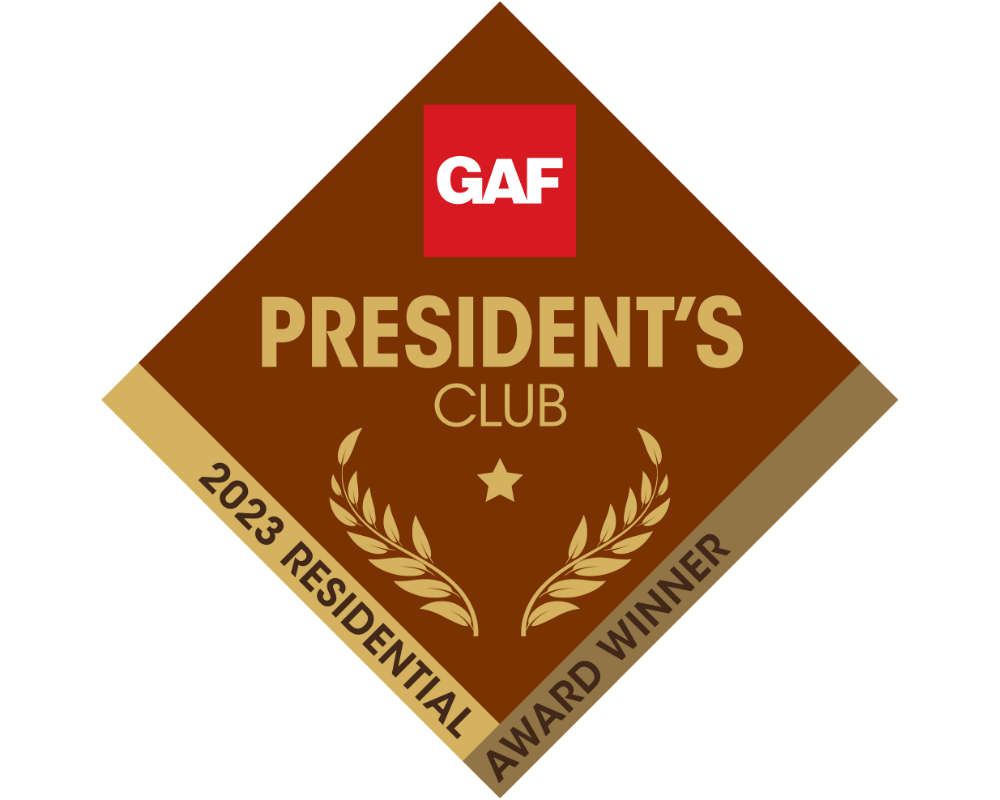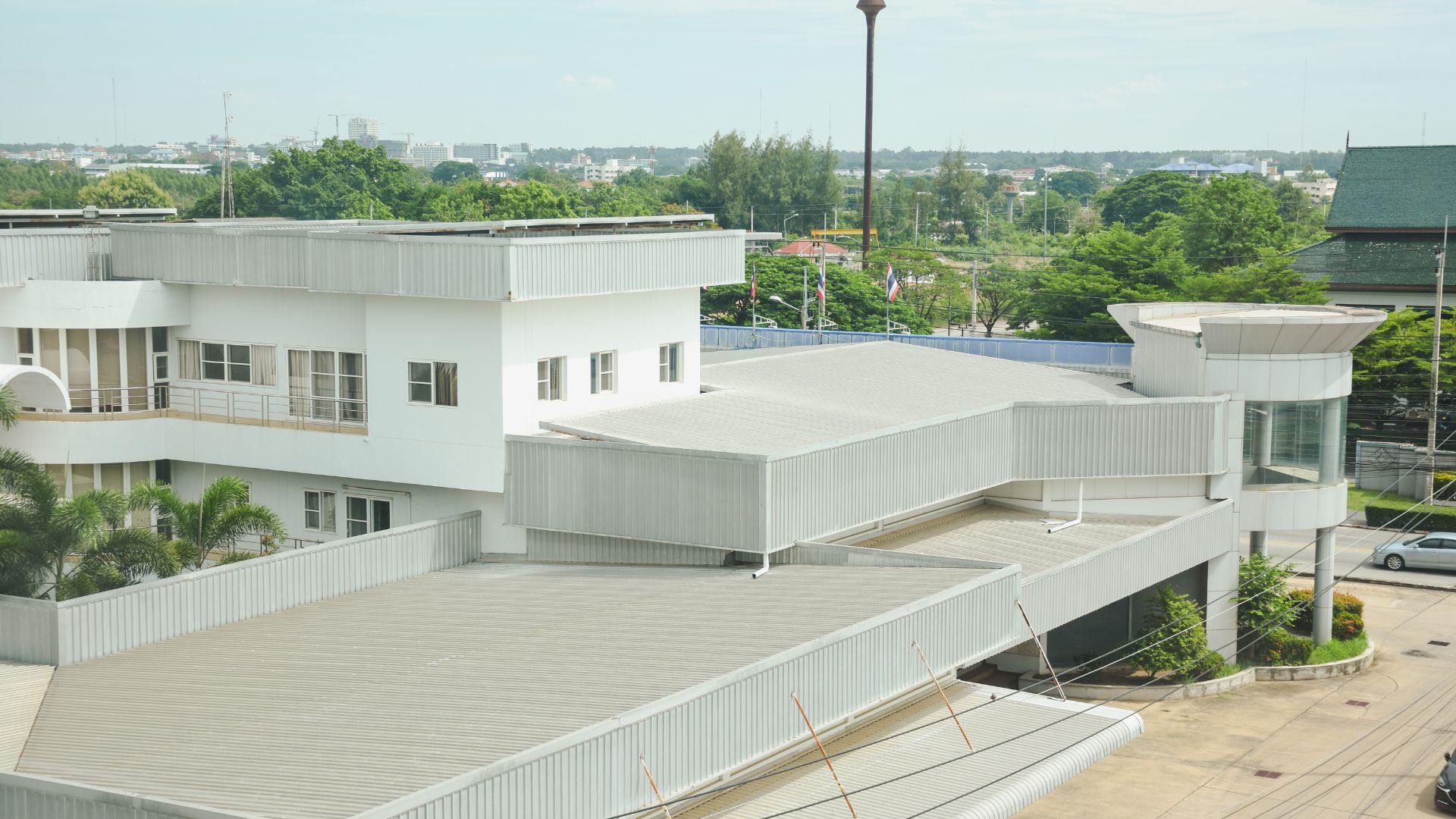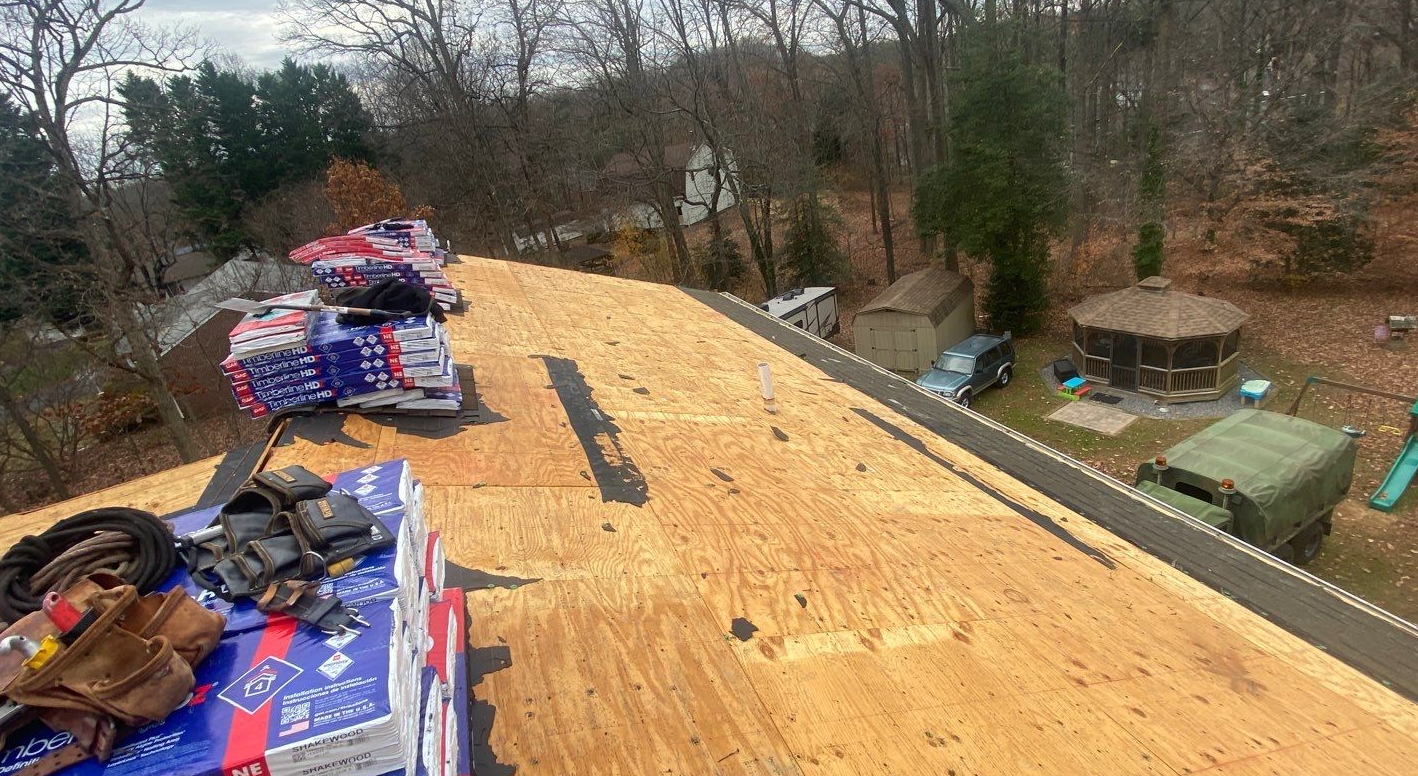There are many reasons that commercial property owners have already spent over $56 billion on roofing repairs this year. The quality of your roof can protect and ensure the quality of the rest of your property.
Perhaps you’re considering upgrading your commercial property’s roof. Maybe it’s too old, or there’s too much wear and tear to keep repairing it. Instead, you think a complete commercial roof replacement is more worth your investment.
Well, that means you need to know all about the different types of commercial roofs. The good thing is that you’ve come to the right article to help make your decision.
Outlined below are the different commercial roofing materials and their features. Keep reading to see which type of roofing might meet your specific needs.
Considering a Commercial Roof Replacement
Over time, commercial roofs can become damaged, leaky, and less efficient. These issues can lead to costly repairs and potential safety hazards. For more detailed specifics, consider this article about the value of regular commercial roof maintenance.
When choosing from the different types of commercial roofs, there are several factors that come into play. Consider the climate and weather patterns of the area. These can influence the type of roofing material that is best suited for the building.
The slope and shape of the roof can also determine the most appropriate roofing. Additionally, budget, building codes, and aesthetic preferences should matter when selecting a commercial roof.
Different Types of Commercial Roofs
Different roofing materials can make or break your replacement project. You likely want your commercial roof design to be aesthetically appealing. In addition, though, don’t cut corners when it comes to quality or durability.
It’s understandable if you need help deciding on the best kind of roofing for your building. In that case, you might want to hire a professional roofing contractor.
They can help you determine the best type of roofing for your specific commercial roof replacement. To ensure you’re working with a good contractor, review testimonials from previous customers.
Built-Up Roofing (BUR)
This type of commercial roofing is made up of layers of bitumen and reinforcing fabrics. The layers are usually installed in multiple plies or layers. This is in order to create a durable, waterproof membrane.
The advantages of BUR include its low cost and durability. This makes it a popular option for low-slope or flat roofing systems. Examples include many warehouses or factories.
Disadvantages include the fact that BUR can be heavy and difficult to install. For that reason, it’s less suitable for some buildings. Your contractor will know for sure.
Modified Bitumen Roofing
Modified bitumen roofing combines traditional asphalt roofing with synthetic materials. It’s made up of reinforced fabrics and bitumen. It’s then modified with polymers to improve its durability and flexibility.
Modified bitumen roofing has great resistance to damage from hail and wind. It’s also very easy to install and is available in a wide range of colors and styles.
Low-sloping commercial buildings can benefit from this material. It’s often used for retail stores, schools, or hospitals.
However, it can be more expensive than some other roofing options. Plus, it may require more frequent regular maintenance to prevent issues such as leaks.
Thermoplastic Roofing (TPO)
This commercial roofing is made from a single-ply membrane of synthetic materials. The membrane is composed of thermoplastic polyolefin. This is a useful blend of ethylene-propylene and polypropylene.
The advantages of this material include its durability, energy efficiency, and resistance to punctures and tears. It’s also available in many colors and can be heat-welded for added strength.
TPO can be an expensive option for replacing old roofs, though. Further, it may be less suitable for buildings with high foot traffic, so take note. Similarly to modified bitumen roofing, it’s best with low slopes such as retail buildings.
Ethylene Propylene Diene Monomer (EPDM) Roofing
This roofing involves a blend of ethylene-propylene and polypropylene as TPO does. The difference is in the membrane’s composition of ethylene propylene diene monomer.
This commercial roofing has a low cost, durability, and resistance to UV radiation and weathering. Applying it with the right adhesives can also make it easy to install.
One drawback to note is that it’s less puncture-resistant than some other roofing options. It can be particularly useful for roof decks, plaza decks, and green roofs, though.
Metal Roofs
Metal roofing is a type of commercial roofing made from metal panels or tiles. It can involve a variety of metals including steel, aluminum, and copper.
Metal roofing is known for its superb durability, fire resistance, and energy efficiency. The metals can come in a variety of aesthetic styles, too.
Still, metal roofing can be pretty expensive for a roof replacement budget. It may also require specialized installation techniques.
This roofing material can be perfect for steep-slope roofs on commercial buildings. Churches, schools, and municipal buildings can benefit from this.
Shingle Roofs
This last material is can be used in many commercial applications. Typical uses of commercial shingle roofing include small office buildings or retail spaces.
Shingles are typically made of asphalt. Sometimes, though, they can be wood, slate, or metal.
Fortunately, shingles are widely available and affordable. They’re not ideal for flat roofs, though.
Maintenance and Longevity
Regular maintenance and inspections are crucial for any commercial roof. This includes removing debris, cleaning gutters, and checking for damage.
It’s recommended that a commercial roof is inspected twice a year. Then, there should be additional inspections after major weather events.
Investing in the proper care of your roof can save money in the long run. This is especially true compared to the cost of replacing old roofs.
Invest in Commercial Roof Replacement
After learning about these different types of commercial roofs, you’re ready to take action. You’ve decided that your building needs a full commercial roof replacement.
That’s where the experts at Landmark Roofing can help. We specialize in installing exterior features such as roofing, siding, and windows. To invest in an installation provider you can trust, learn more about our roofing services available to you now.






